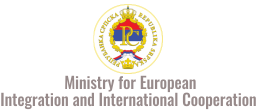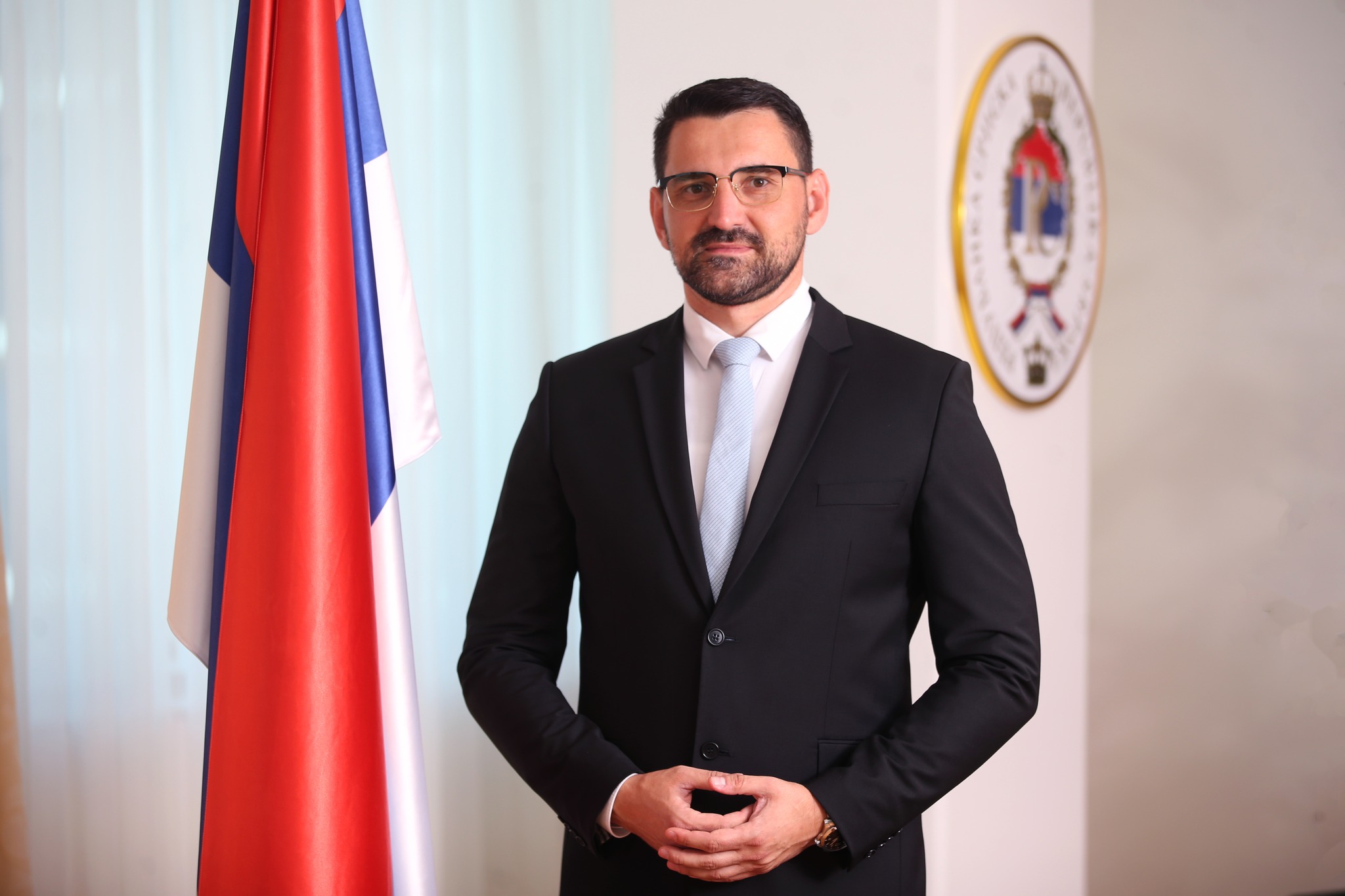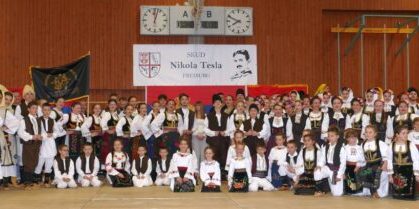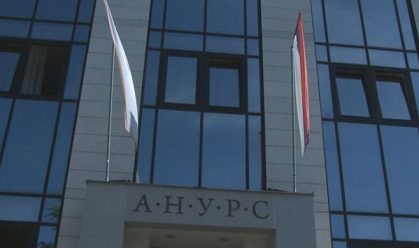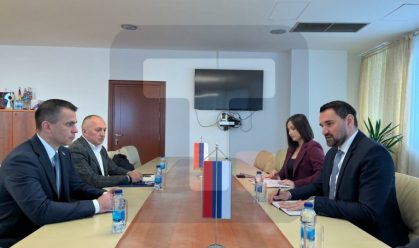Global events in Europe and the world, the conflict in Ukraine and the Middle East largely determine public opinion. The reasons must be sought in the slow process of accession and in conditioning by the European Union.
– It is obvious that the citizens did not remain indifferent to sanctions against our officials and increasing pressure from the West on Srpska. Surveys also show a level of citizens’ concern for the survival of the Republic of Srpska due to pressures, but it is my obligation, as well as my desire, to say that integrations and processes are inevitable, but nothing will be to the detriment of Srpska and its people, but only to their benefit. The RS Government remains committed to the European path. We do only what was agreed upon within the coordination mechanism, and that means not to anyone’s detriment, but only in the common interest – said Klokić.
GLAS: What needs to be done in order to have a more optimistic attitude of domestic citizens towards BiH joining the European Union?
KLOKIĆ: It is necessary to make the people understand what it is that is good that the European Union can bring to our citizens. It is not a platitude, because there are many benefits. It is interesting that most respondents who oppose EU membership are those who do not know what joining the EU would bring us. Those who speak English know a little more. A lot of information is being published, so it seems that precise messages are not reaching the citizens. Part of the responsibility for the insufficient promotion of EU potential is borne by the Directorate for European Integration in BiH. For our part, we will strengthen more precise information providing to citizens and continue to coordinate republic bodies on the way to full membership.
GLAS: Also, the same survey stated that 60 percent of the respondents answered that they did not know what BiH joining the European Union would bring to Srpska. What would BiH joining the European Union bring to our citizens after all?
KLOKIĆ: The simplest explanation is from the point of view of money. Even this current phase of candidate status means more money for us, specifically – more opportunities to use pre-accession funds, especially from IPA III, which rewards results. The closer we are to full membership, the closer we are to the structural and cohesion funds. What does that mean? For example, in the first six years since becoming a member, Croatia had EUR 10.6 billion available from these funds. Suffice it to say that the European Union’s cohesion policy plans to create 1.3 million new jobs by 2027. This is what the Republic of Srpska also sees as an advantage.
GLAS: What are the plans of the Ministry that you head, both domestically and internationally, for the next year?
KLOKIĆ: Considering that we have received a recommendation from the European Commission, although conditional at the moment, we should be ready for a scenario of accession negotiations potentially opening during the next year. In this connection, our Ministry expects a large and demanding task. Since we are the republic coordinator for the European integration process and for the entire Republic of Srpska Government, we must be ready and prepare and strengthen our capacities in this sense. The entire process rises to a new level.
GLAS: How do you rate the work of Srpska’s representative offices abroad? Have they all justified their existence?
KLOKIĆ: Most importantly, they have fulfilled their role and Srpska has benefited from their work. However, I am of the opinion that it can and must always be better, so my rating is a solid four. We reviewed their work recently, after which many things have been straightened. The specificity is that the representative offices operate in different countries and therefore on a different scale, so we cannot speak about those more or less active. I will note only a few things that we have done together recently. In Greece, we marketed products from Srpska for the first time. In Vienna, we organize trainings for our export-oriented businessmen in order to connect them with Austrian businessmen. The German company MUBEA has chosen the Republic of Srpska for its investment, where it wants to employ around 800 staff and invest more than EUR 45 million in the next 10 years. We could not have achieved this without the help of the representative offices.
GLAS: Establishment of Srpska’s representative office in Hungary was announced earlier. Has that idea been abandoned?
KLOKIĆ: It has not been abandoned, only put on stand-by for the time being. When we judge the time to be right, we will definitely do it. Cooperation between Srpska and Hungary is excellent. Recently, as the Government, we accepted a joint statement on cooperation with the Government of Hungary, which implies stronger mutual collaboration between the RS and Hungarian institutions and economic entities. Things are moving in the right direction, it only takes a little patience.
China
GLAS SRPSKE: The RS Government recently established the Republic of Srpska Representative Office in China. What was the reason for such a decision?
KLOKIĆ: Joint projects and cooperation with China have been going on for a long time. There are many opportunities for further strengthening of relations – that is why this move by the Government is a logical step that certainly leads us in that direction. I saw this for myself last week in China. The Republic of Srpska delegation was welcomed in Shanghai by sincere friends of the RS and partners who want to invest in the Republic of Srpska and import some of our products. That is why we need the Representation.
Source: Glas Srpske
Photo: Ministry of European Integration and International Cooperation

